"If they still continue to exploit their fellow human beings they should not be given any licences to operate businesses in Thailand and they must receive the punishment they deserve," said junta leader Prayuth Chan-ocha.
Seafood processed in Thai factories is a multi-billion dollar industry and one of the country's top export earners.
But as Thailand's military-appointed government laid out new anti-human trafficking laws, the Royal Thai Navy has pressed ahead with criminal proceedings against Australian journalist Alan Morison and his Thai colleague Chutima Sidasathian for reporting on trafficking of ethnic Rohingya boat people.
"This effort to silence the media criticism has backfired against the navy, which should act swiftly to cut its losses," said Brad Adams, Asia director at Human Rights Watch.
"The Thai authorities should direct the navy to unconditionally drop its baseless charges against the two journalists," he said.
Since Mr Morison, a former senior Age editor and Ms Chutima, were charged one year ago, on April 17 2014, with defamation and violating the Computer Crimes Act, they have been classified as criminals in the country where defamation laws are often used against political or business opponents and more than 90 per cent of cases that go to trial end in convictions.
If convicted Mr Morison and Ms Chutima could be imprisoned for up to two years on the defamation charges and up to five years under the Computer Crimes Act.
They are scheduled to go to trial on July 14 to 16.
For years Mr Morison's Phuketwan news website based on the Thai resort island of Phuket has published award-winning stories about the plight of Rohingya, a Muslim minority in Mynamar who have been described by the United Nations as among the world's most persecuted people.
Tens of thousands of Rohingya have taken to unsafe boats to flee Myanmar, the country also called Burma.
The defamation charges relate to one paragraph published in Phuketwan on July 17 2013 that cited a Reuters investigative report alleging some navy officials "work systematically with smugglers to profit from the surge in fleeing Rohingya."
Reuters, which won a Pulitzer prize for the story, has not been charged.
Human Rights Watch says the charges against the Phuketwan journalists violate the International Covenant on Civil and Political Rights, which Thailand has ratified, that guarantees the right to freedom of expression.
"The Phuketwan journalists are among the few who are still regularly reporting on the pervasive human trafficking of Rohingya in Thailand," Mr Adams said.
"Thailand's efforts to show progress in tackling human trafficking are seriously damaged by this shoot-the-messenger action against journalists exposing abuses."
The Associated Press revelations that foreign workers were treated as slaves on fishing boats - including some of them beaten and locked in cages - came after the US State Department last year blacklisted Thailand for its handling of labour abuses and human trafficking, putting it on par with countries including North Korea and Iran.
But following Associated Press's expose Thailand moved to mandate wages, sick leave and shifts of no more than 14 hours on boats.
Tougher penalties for violating Thailand anti-human trafficking laws will include the death penalty.
Fairfax Media

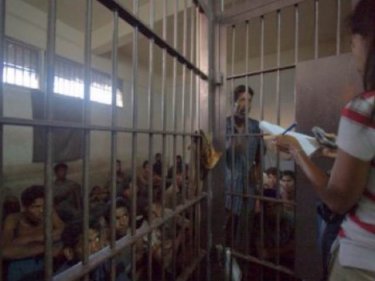
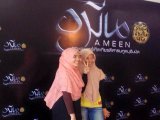
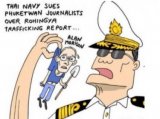
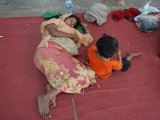



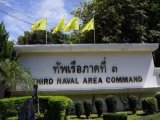

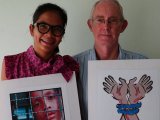

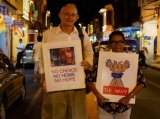
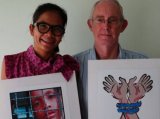



The Thai authorities will be blocking HRW website soon no doubt. I just noticed Andrew Drummonds site is now blocked in Thailand maybe PW next? Good luck with the case Alan
Posted by R.G. on April 17, 2015 15:48